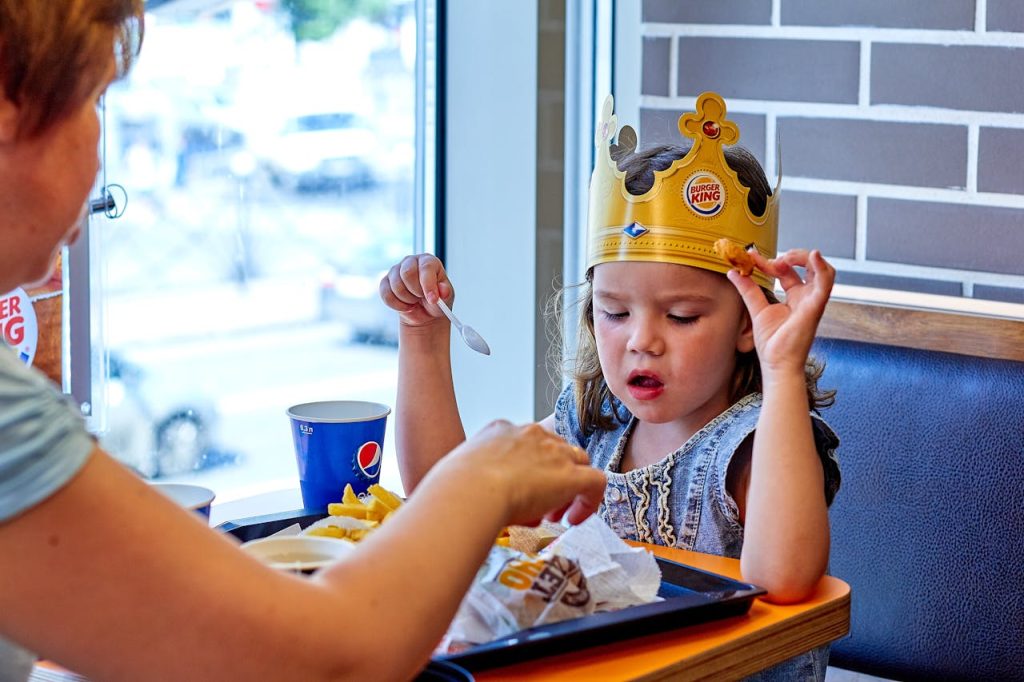Executives told The Wall Street Journal that Restaurant Brands International (QSR) and Chinese private equity firm CPE have entered into a joint venture agreement to provide funding for QSR’s Burger King China operations and boost its global expansion.
In order to increase Burger King’s presence in China and to improve operations, menu innovation, and marketing, CPE committed to investing $350 million. As per the agreement, Restaurant Brands will hold the remaining 17% of Burger King China, while CPE will control 83% of the company.
Burger King expands their presence in China
The company, which is well-known for supporting the Labubu dolls craze, pledged to double Burger King’s restaurant count in China to about 2,500 locations in five years and reach at least 4,000 locations in ten. The partnership gives Restaurant Brands the confidence to achieve its goal of 5% annual net restaurant growth by 2028, Chief Executive Officer Joshua Kobza told the Journal.
In February, Restaurant Brands, the company behind Tim Hortons, Popeyes, and Firehouse Subs, paid roughly $158 million to acquire its former Burger King China joint venture partners. The business stated at the time that it would look for a new local partner in order to spur regional growth. Kobza stressed the value of local leadership, which is a tactic that a number of Chinese restaurant chains have recently adopted. Starbucks agreed to sell Boyu Capital the majority of its China business earlier this month.
“China is one of the fastest-moving markets in the world, especially for [quick-service restaurants],” Kobza said. “The pace of change and the pace of innovation happens at an even faster pace than it does here in the U.S. and other places.”
Context for the situation
CPE is a private equity firm with headquarters in Beijing that makes investments in the consumer, industrial, and technology sectors. It was one of the first investors in Pop Mart, the company that made the “ugly-cute” Labubu dolls. Burger King made its debut in China in 2005, and in 2012, it established a joint venture with TFI Asia Holdings and Cartesian Capital Group. Prior to the Covid-19 pandemic disrupting growth, China was one of Restaurant Brands’ strongest regions in terms of sales and its largest international market by number of units, with over 1,200 new locations opened between 2012 and 2019.
Restaurant Brands made marketing investments focused on its Whopper and new Krispper chicken sandwich after acquiring Burger King China in its entirety earlier this year. In the most recent quarter, Burger King China’s same-store sales increased 10.5% year over year, indicating a recovery. According to Kobza, Restaurant Brands will be able to streamline operations and adopt a more asset-light business model thanks to the collaboration with CPE.
Featured Image Credit: Bulat Khamitov; Pexels: Thank you!














